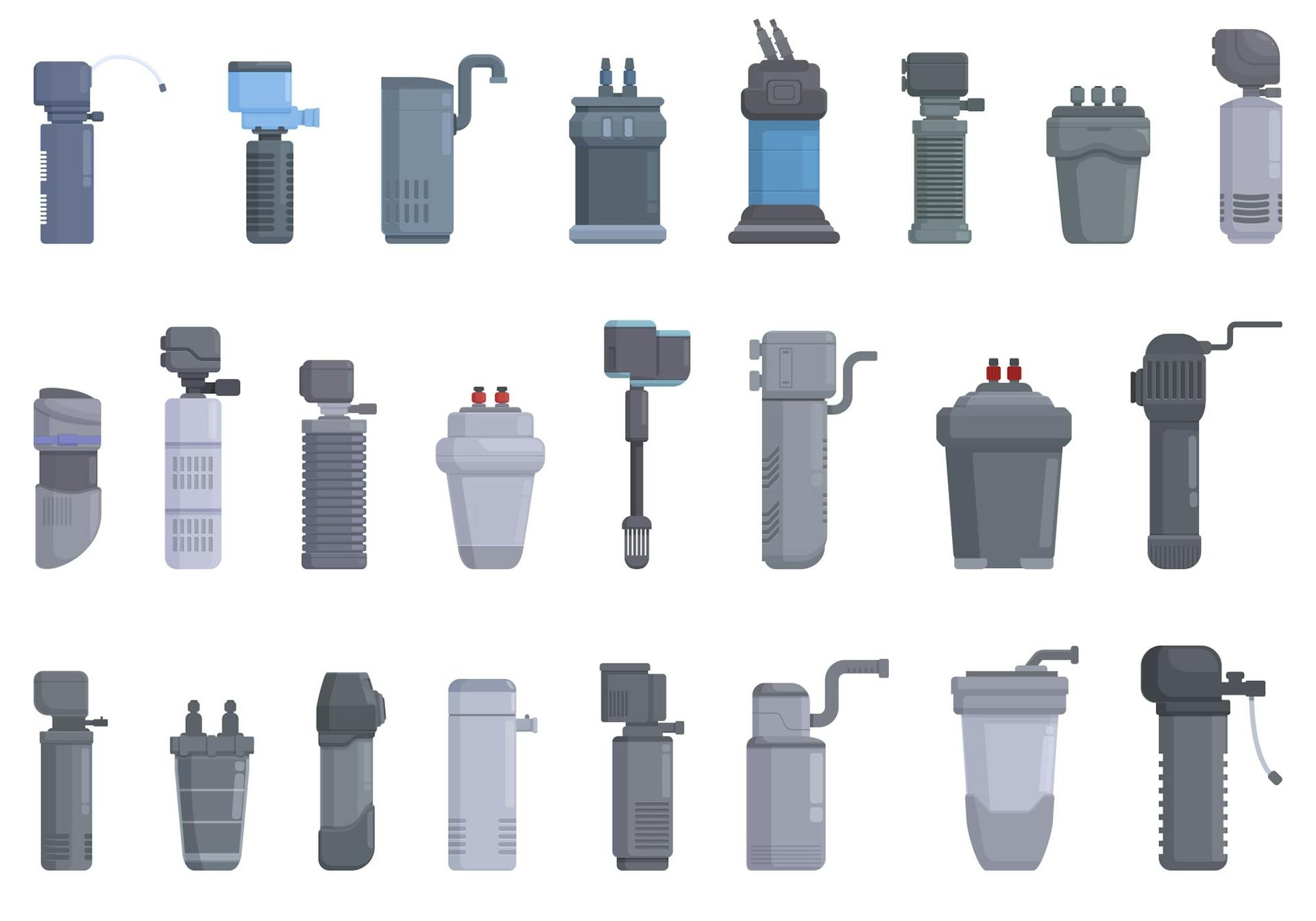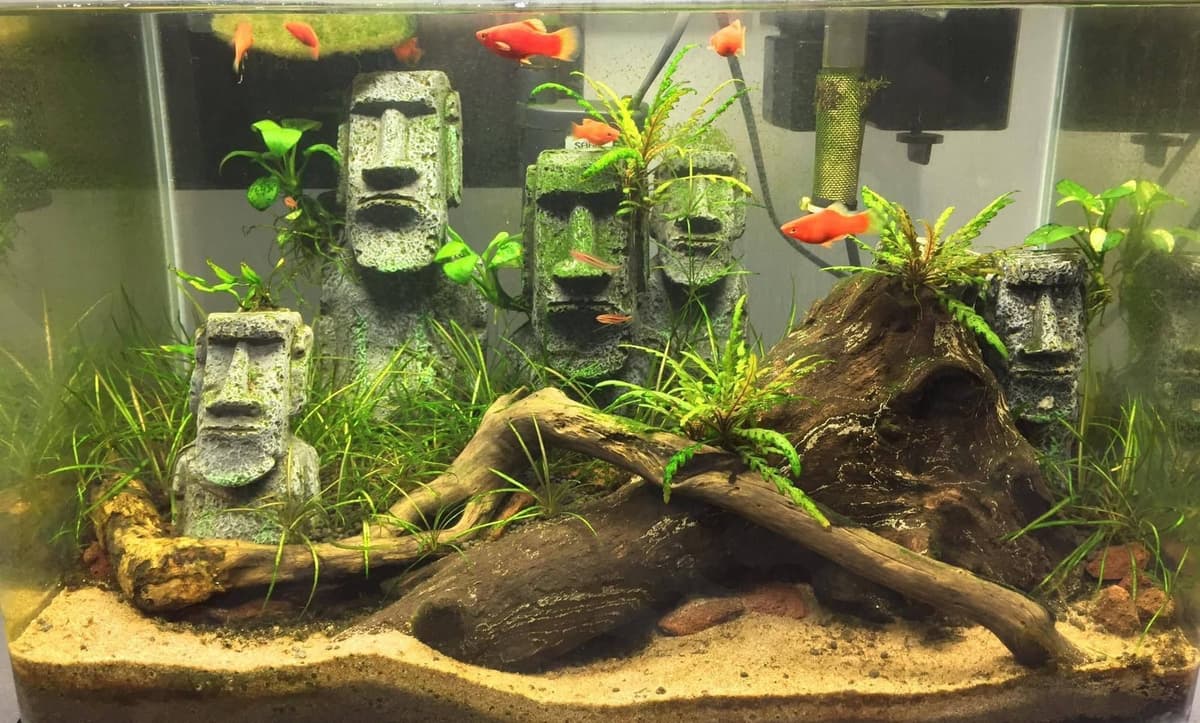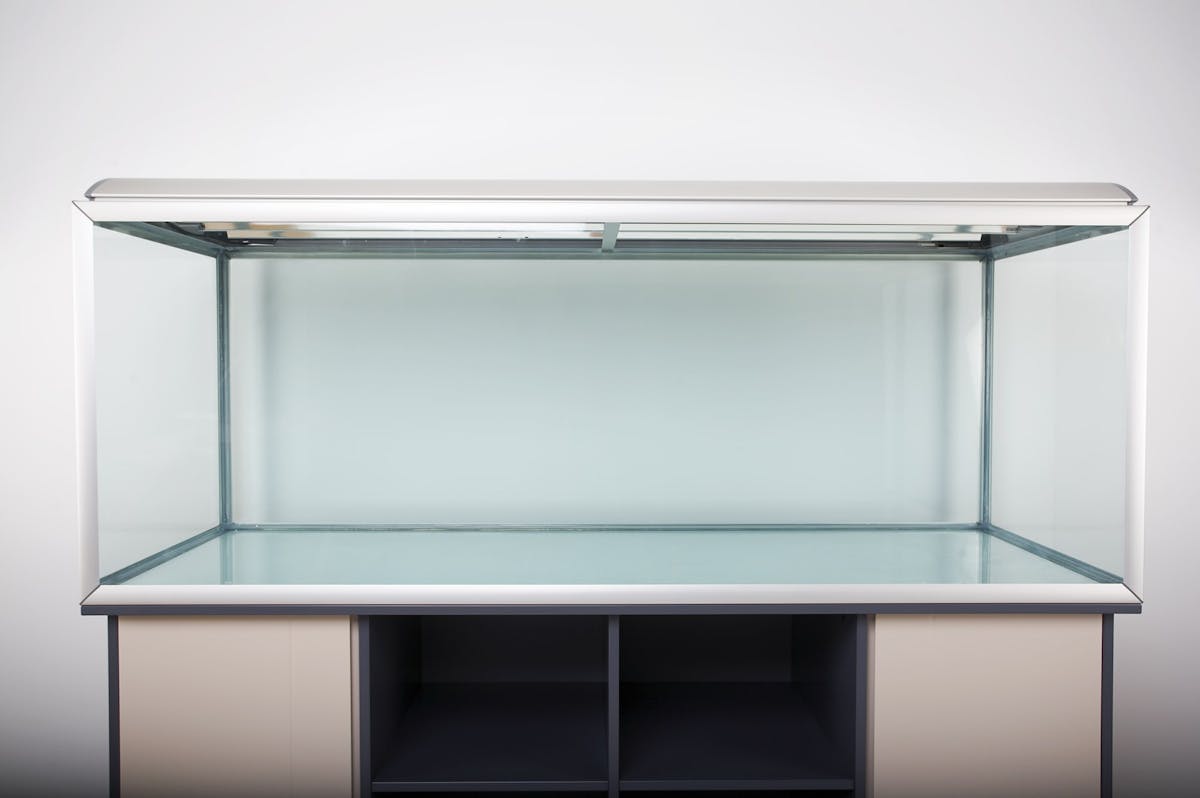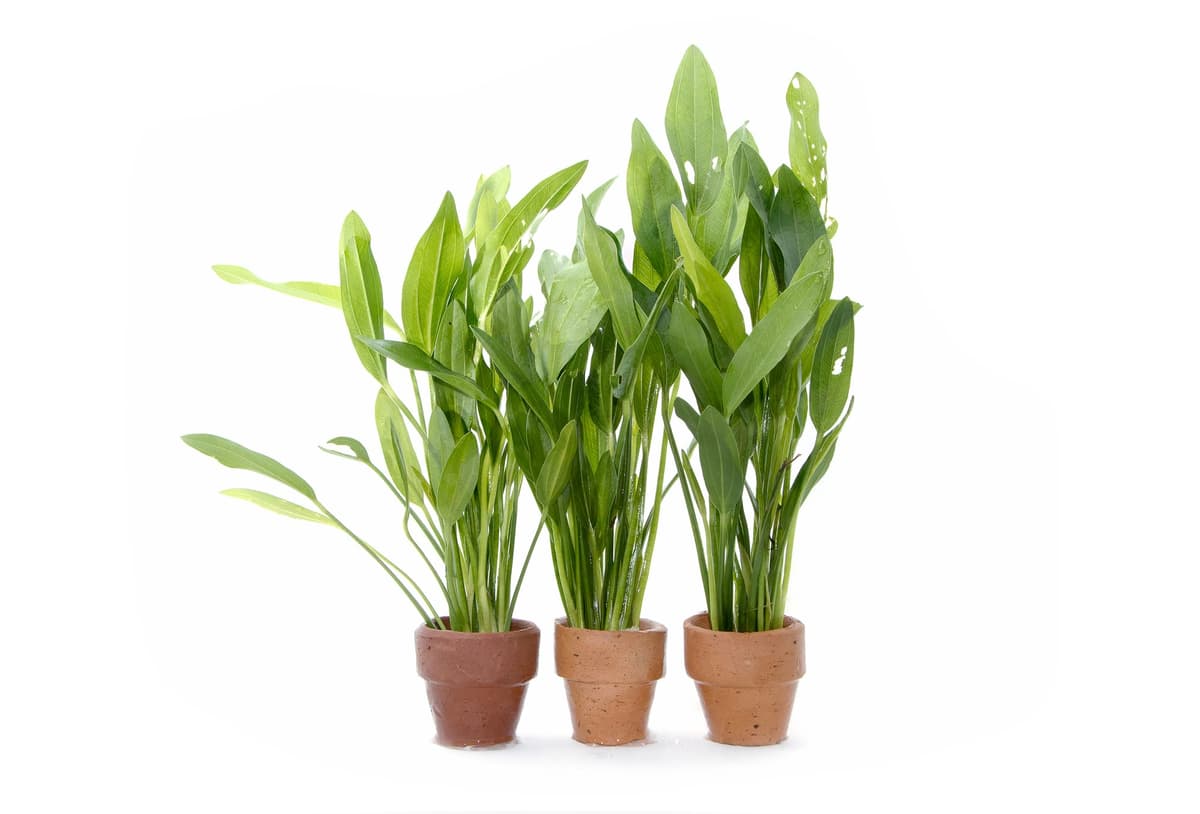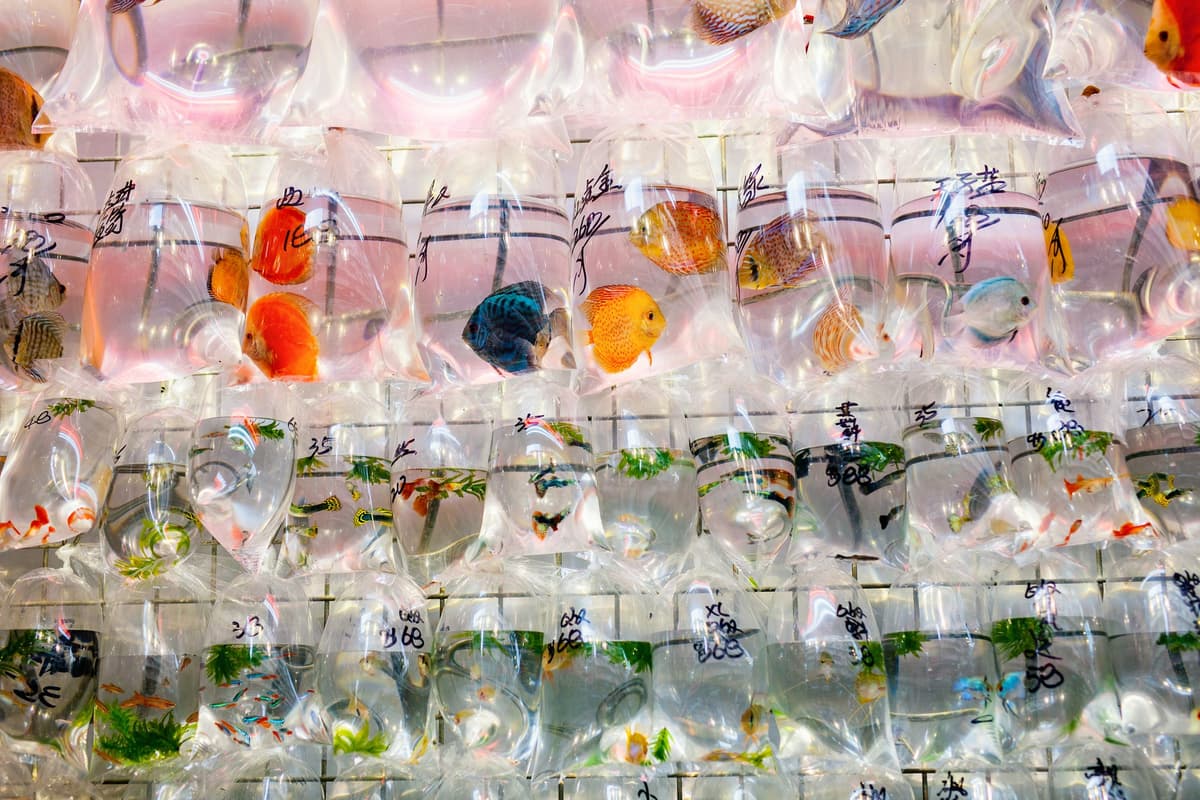Why you need a filter in your aquarium
A filter is essential to remove the waste produced by the fish. Without one, the water would become contaminated, poisoning the fish and causing fish disease or death. They also work to keep the water flowing in your aquarium. This is vital to introduce oxygen.
How do they work?
Most filters work in two ways: mechanically by trapping solid waste manually to remove it later and biologically when good bacteria convert toxins in fish waste into less harmful nitrates that are then removed in water changes.
Important note: all filters take time to start working, so they are unable to remove contamination from the start; you must first cycle them by letting them run for a few weeks to build up an appropriate level of bacteria.
A proper filter is the essential piece of equipment necessary to maintain a healthy aquarium, but how do you choose the best filter for your tank?
What does a filter do?
Aquarium filters remove excess debris, particles, chemicals, keeping the water cleaner and healthier for your fish. If waste products accumulate in the tank, the fish can become stressed and are more susceptible to disease.
Filters can work in three different ways to clean water.
- Mechanical Filtration
- Chemical Filtration (Using chemicals to filter the water)
- Biological Filtration: (Using microorganisms, especially bacteria, to purify the water)
The best filters keep your aquarium water healthy and clean, and many filters use all three types of Filtration simultaneously.
Filter types
Many different types of filters can be used to keep aquariums clean. The most popular designs include:
- Under gravel filters
- Box or corner filters
- Canister filters
- Power filters
- Hang-on filters
There are other types of filters, such as wet-dry filters or drip filters, but they are only recommended for the most advanced aquarium keepers.
How to choose a filter?
Several elements must be considered when choosing the optimal filter for your aquarium.
- Tank size: Larger tanks will require more extensive and efficient filters, while smaller tanks can be cleaned and cleared with a simpler solution. The golden rule is that your filter should be turning over the volume of your tank atleast 4 times an hour. This is what the flow rate means. For example if you have a 30 Gallon aquarium you should aim to have a filter that has a flow rate of 120 Gallons per hour.
- Maintenance: The best filter will keep a tank clean for longer durations, and require less additional cleaning and maintenance, but the filters themselves also need to be cleaned regularly.
- Fish sensitivity: Some fish are susceptible to water changes and chemical balance and need safer filters to stay healthy.
- Cost: The best filters have higher prices, but the cost may be worth it for the more efficient and optimal operation to protect expensive or delicate fish species.
- Fish population: A tank with a higher number of fish or larger fish species will require better filters with an increased flow rate to obliterate debris and unwanted chemicals.
By choosing the right filter, aquarium maintenance can be minimized, and your fish will live healthier and longer lives as part of a fresh, clean tank.
Do you really need to have a filter?
This is a bit of a how long is a piece of string question. But it's true that not every aquarium needs a filter. Some aquarists have had huge success without any filteration at all. But this method is not for the novice.
It relies on a heavily planted aquarium with good substrate. If the plants in the aquarium are well establised, and the tank is not over stocked then the plants themselves may be enough to remove the excess fish waste.
If this sounds like your goal then a good place to start is the Walstad Method. This method begins by placing organic matter (soil etc.) under gravel. When the plants reach this layer of rich organic matter, the idea is that they will outgrow the competing algae and fish waste in the aquarium.
